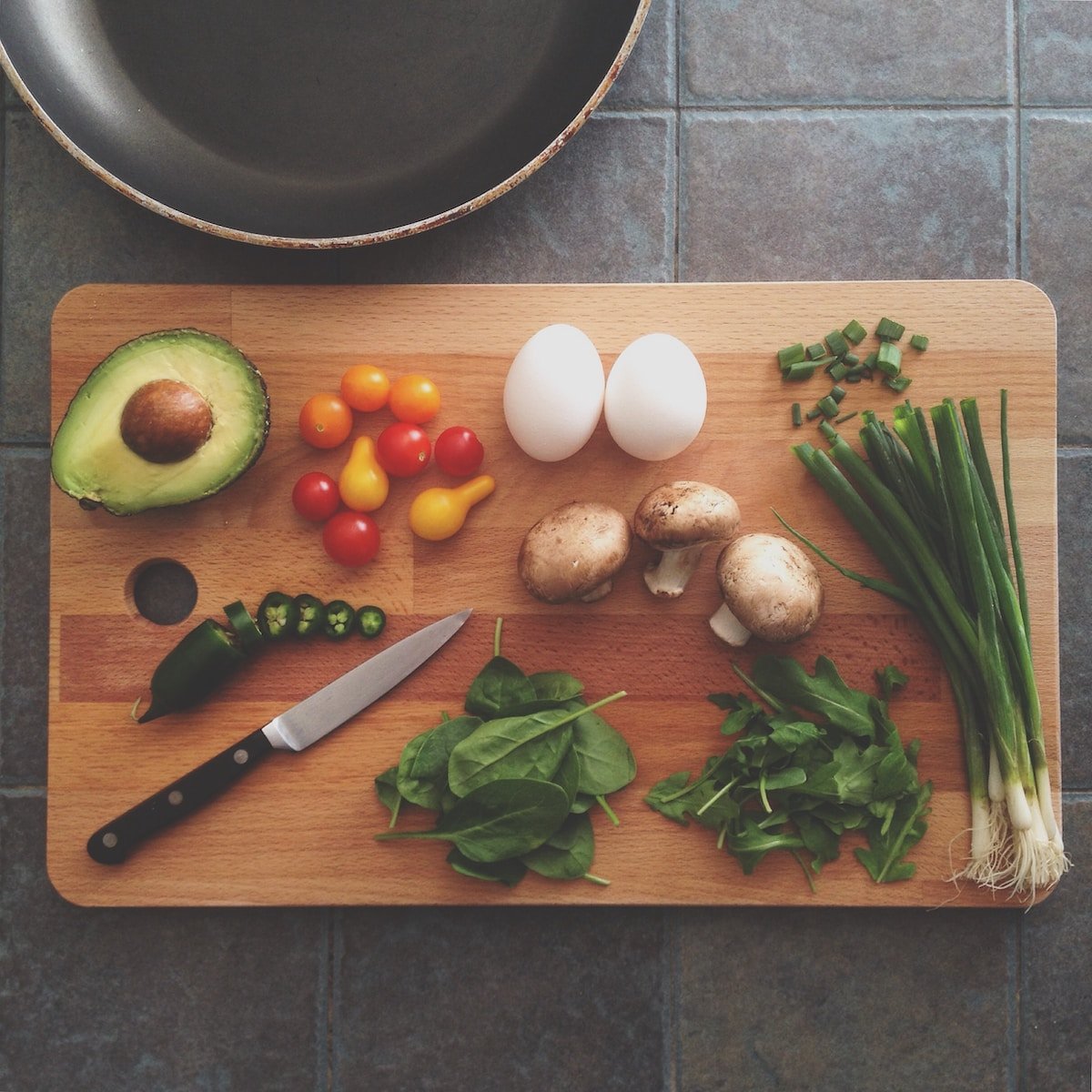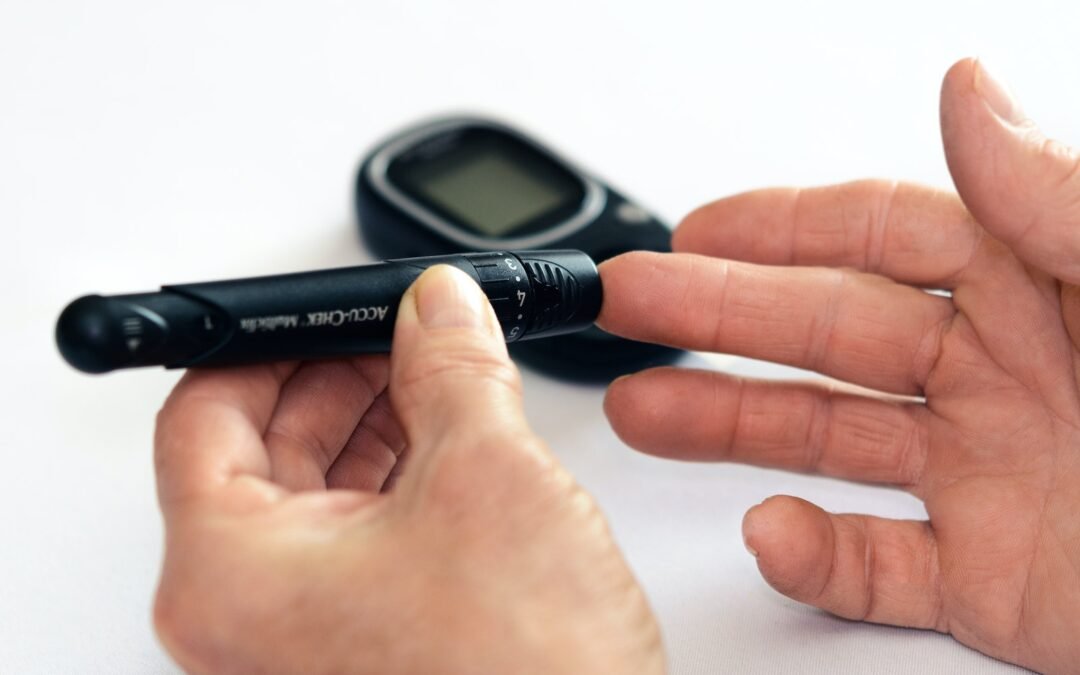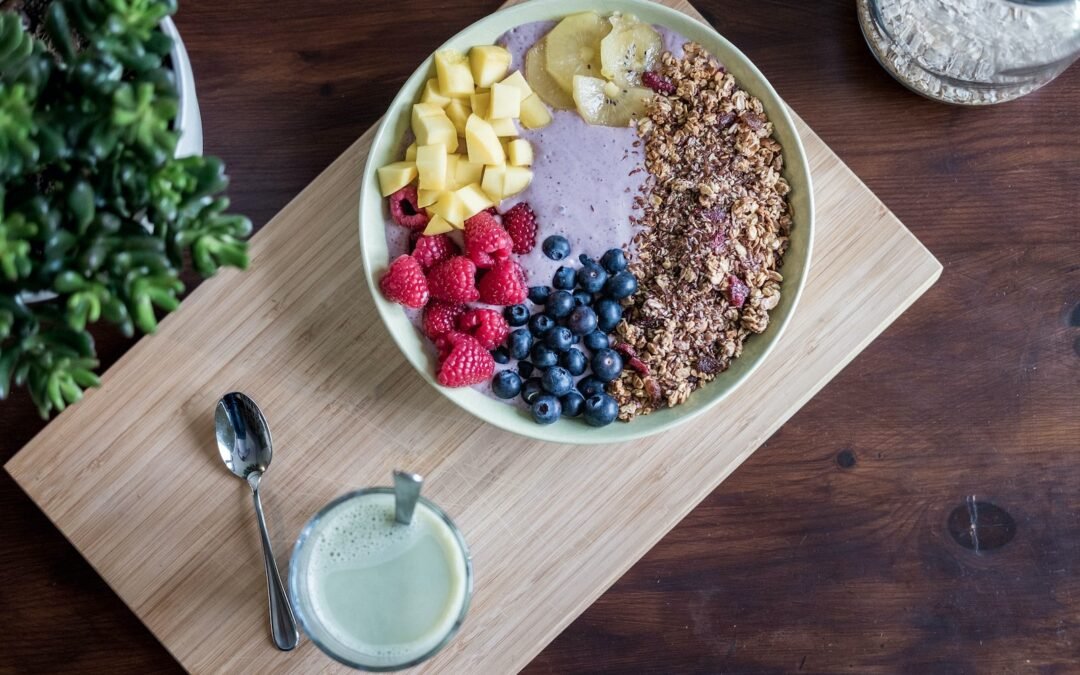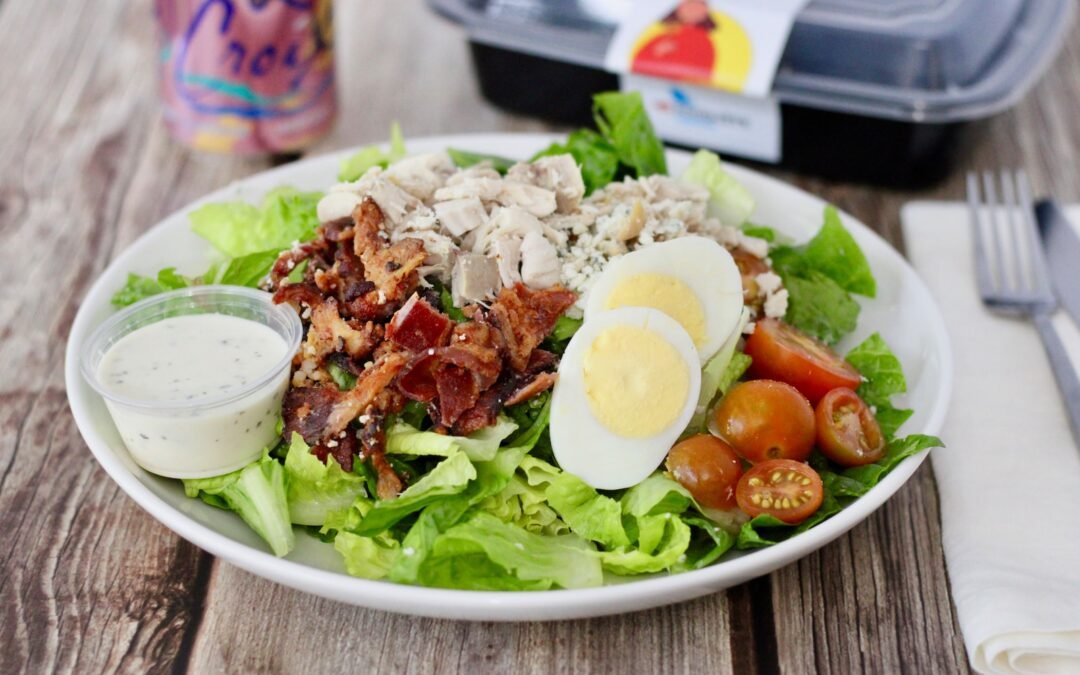The Mediterranean diet is a popular eating pattern that emphasizes the consumption of whole, minimally processed foods. This diet has been linked to numerous health benefits, including a reduced risk of heart disease, stroke, and certain cancers. Meal prepping is a great way to stick to this healthy eating plan while saving time and money.
To meal prep for the Mediterranean diet, one should focus on incorporating plenty of fruits, vegetables, whole grains, lean proteins, and healthy fats. This can be achieved by preparing meals in advance and portioning them out into individual containers. Some great meal prep ideas for the Mediterranean diet include quinoa and vegetable bowls, grilled chicken with roasted vegetables, and Greek-style salads with chickpeas and feta cheese. By planning ahead and prepping meals in advance, it becomes easier to make healthy choices throughout the week.
Understanding the Mediterranean Diet
The Mediterranean diet is a way of eating that is based on the traditional cooking styles and ingredients of countries that border the Mediterranean Sea. It is often hailed as one of the healthiest diets in the world and for good reason.
At its core, The Mediterranean diet focuses on whole, unprocessed foods such as vegetables, fruits, legumes, nuts, whole grains, and seeds. It also includes fish and seafood as the primary sources of animal protein, with poultry, eggs, and dairy products consumed in moderation. Red meat is limited, and sweets and processed foods are kept to a minimum.
One of the key components of the Mediterranean diet is the use of healthy fats, such as nuts, seeds, and olive oil. These fats are rich in monounsaturated and polyunsaturated fatty acids, which have been shown to have numerous health benefits, including reducing inflammation and improving heart health.
In addition to its focus on whole, nutrient-dense foods, the Mediterranean diet is also known for its social and cultural aspects. Meals are often enjoyed with family and friends, and the emphasis is on savoring and enjoying food rather than simply fueling the body.
Overall, the Mediterranean diet is a balanced and sustainable way of eating that has been linked to a variety of health benefits, including reduced risk of heart disease, stroke, and certain types of cancer. By incorporating the principles of the Mediterranean diet into your meal prep routine, you can enjoy delicious and nutritious meals that support your overall health and well-being.
Benefits of Meal Prepping
Meal prepping is a great way to save time and money, while also ensuring that you are eating healthy meals throughout the week. Here are some benefits of meal prepping:
1. Saves Time: Meal prepping saves time by allowing you to cook multiple meals at once. This means you can spend less time in the kitchen during the week and more time doing the things you love.
2. Saves Money: Meal prepping can also save you money. By buying ingredients in bulk and cooking meals at home, you can save money compared to eating out or buying pre-made meals.
3. Helps with Portion Control: Meal prepping can help with portion control. By prepping meals ahead of time, you can ensure that you are eating the right amount of food and avoiding overeating.
4. Reduces Food Waste: Meal prepping can also help reduce food waste. By planning your meals ahead of time, you can buy only what you need and use up ingredients before they go bad.
5. Promotes Healthy Eating: Meal prepping promotes healthy eating by allowing you to control the ingredients and portion sizes of your meals. By prepping meals ahead of time, you can make sure that you are eating a balanced diet with plenty of fruits, vegetables, whole grains, and lean proteins.
In summary, meal prepping is a great way to save time and money, while also promoting healthy eating habits. By planning ahead and prepping meals ahead of time, you can ensure that you are eating nutritious meals throughout the week.
How to Start Meal Prepping
Meal prepping is a great way to save time and stay on track with your Mediterranean diet. By planning and preparing your meals ahead of time, you can avoid the temptation of unhealthy options and ensure that you are getting the right balance of nutrients.
Planning Your Meals
Before you start meal prepping, it’s important to plan out your meals for the week. This will help you stay organized and ensure that you have all the ingredients you need. Here are some tips to help you get started:
- Choose recipes that are easy to prepare and can be stored in the fridge or freezer.
- Make a list of all the ingredients you will need for each recipe.
- Plan your meals around your schedule and choose recipes that can be eaten on the go if necessary.
- Consider your dietary needs and preferences when choosing recipes.
Shopping for Ingredients
Once you have your meal plan, it’s time to go shopping for ingredients. Here are some tips to help you shop efficiently and effectively:
- Make a list of all the ingredients you need and stick to it.
- Choose fresh, seasonal produce whenever possible.
- Look for sales and discounts to save money.
- Buy in bulk to save money and reduce waste.
- Consider buying pre-cut or pre-washed produce to save time.
Preparing Your Meals
When it comes to meal prep, preparation is key. Here are some tips to help you prepare your meals efficiently:
- Set aside a few hours each week to prepare your meals.
- Cook in batches to save time and reduce waste.
- Use a slow cooker or pressure cooker to cook meals quickly and easily.
- Store your meals in portion-sized containers to make them easy to grab and go.
- Label your containers with the date and contents to keep track of what you have.
By following these tips, you can start meal prepping for your Mediterranean diet with ease. With a little planning and preparation, you can stay on track with your healthy eating goals and save time in the process.
Sample Mediterranean Diet Meal Plan
When it comes to meal prepping for the Mediterranean diet, it’s important to plan ahead and have a variety of options available. Here’s a sample meal plan to get started.
Breakfast Options
- Greek yogurt with fresh berries and a drizzle of honey
- Whole-grain toast with avocado and sliced tomato
- Omelette with spinach, feta cheese, and cherry tomatoes
Lunch Options
- Mediterranean quinoa salad with cucumber, tomato, olives, and feta cheese
- Grilled chicken with roasted vegetables and a side of hummus
- Whole-grain pita stuffed with falafel, lettuce, tomato, and tzatziki sauce
Dinner Options
- Grilled salmon with lemon and herbs, served with roasted sweet potatoes and green beans
- Mediterranean-style stuffed peppers with ground turkey, brown rice, and feta cheese
- Whole-grain pasta with sautéed spinach, cherry tomatoes, and garlic
Snack Options
- Hummus with carrot sticks or whole-grain pita chips
- Greek yogurt with sliced almonds and a drizzle of honey
- Fresh fruit with a handful of nuts
Remember to include plenty of fresh fruits and vegetables, whole grains, lean proteins, and healthy fats in your meal prep. With a little planning and preparation, following the Mediterranean diet can be both delicious and nutritious.
Storing and Reheating Your Meals
After preparing your Mediterranean diet meals, it’s important to store them properly to maintain their quality and freshness. Here are some tips on how to store and reheat your meals:
Storing Your Meals
- Divide your meals into individual portions and store them in airtight containers. This will help prevent any cross-contamination and keep your meals fresh for longer.
- Label each container with the name of the dish and the date it was prepared. This will help you keep track of how long each meal has been in the fridge or freezer.
- Store your meals in the fridge for up to 4 days or in the freezer for up to 3 months. Make sure to thaw frozen meals in the fridge overnight before reheating.
- Avoid storing meals with high moisture content, such as salads or soups, for too long as they may become soggy.
Reheating Your Meals
- When reheating your meals, make sure to use microwave-safe containers or transfer them to a plate or bowl before microwaving.
- For best results, reheat your meals in the oven or on the stovetop. This will help maintain the texture and flavor of the dish.
- If reheating in the microwave, cover the container with a damp paper towel to prevent the food from drying out.
- Make sure to heat your meals to an internal temperature of 165°F to ensure they are safe to eat.
By following these tips, you can ensure your Mediterranean diet meals are stored and reheated properly, allowing you to enjoy delicious and healthy meals throughout the week.
Tips for Successful Meal Prepping
To successfully meal prep for the Mediterranean diet, there are a few tips that can help make the process easier and more enjoyable.
Firstly, it’s important to plan ahead. Decide on the meals you want to prepare for the week and make a grocery list. This will help ensure that you have all the necessary ingredients on hand and can avoid last-minute trips to the store.
Next, invest in quality storage containers. Choose containers that are leak-proof, durable, and easy to clean. Glass containers are a great option as they are non-toxic and can be used in the oven or microwave.
When prepping meals, focus on batch cooking. This means cooking larger quantities of food at once and dividing it into individual portions for the week. This not only saves time but also helps ensure that you have healthy, home-cooked meals on hand throughout the week.
Another tip is to use versatile ingredients. Mediterranean cuisine is known for its use of fresh herbs, spices, and vegetables. Incorporate these ingredients into your meals in different ways to keep things interesting. For example, use fresh herbs to make a marinade for chicken, or roast a variety of vegetables to add to salads or grain bowls.
Finally, don’t be afraid to experiment with new recipes and flavors. The Mediterranean diet offers a wide variety of delicious and healthy options, so don’t be afraid to step outside of your comfort zone and try something new.
By following these tips, meal prepping for the Mediterranean diet can be a simple and enjoyable process, helping you to maintain a healthy and balanced diet throughout the week.
Conclusion
In conclusion, meal-prepping a Mediterranean diet can be a great way to stay healthy and save time in the kitchen. By following the tips and tricks outlined in this article, one can easily create delicious and nutritious meals that are perfect for any time of day.
When meal prepping, it is important to keep in mind the principles of the Mediterranean diet, which include plenty of fruits, vegetables, whole grains, and healthy fats. By incorporating these foods into your meal prep, you can ensure that you are getting all of the nutrients your body needs to stay healthy and energized.
Another key aspect of successful meal prep is organization. By planning out your meals in advance and prepping ingredients ahead of time, you can save yourself a lot of stress and hassle during the week. This can also help you avoid the temptation to reach for unhealthy convenience foods when you are short on time.
Overall, meal-prepping a Mediterranean diet is a great way to take control of your health and make sure that you are fueling your body with the nutrients it needs to thrive. With a little bit of planning and preparation, anyone can enjoy delicious and healthy meals all week long.





